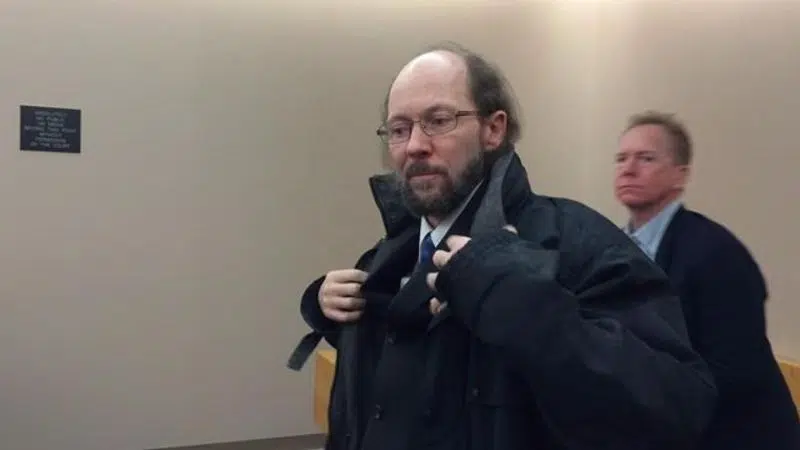
Sex doll is three-dimensional child pornography, prosecutors tell man’s trial
ST. JOHN’S, N.L. — A judge hearing an unusual child pornography trial says his verdict will hinge on whether a Newfoundland man knew the sex doll he ordered online was designed to resemble a child.
Judge Mark Pike heard closing arguments Tuesday in what’s believed to be the first trial in Canada dealing with child pornography charges involving a sex doll. It’s poised to set a precedent around what constitutes child pornography if no real child is involved.
Fifty-four-year-old Kenneth Harrisson faces charges of possessing child pornography, mailing obscene matter, and two charges under the federal Customs Act of smuggling and possession of prohibited goods.


